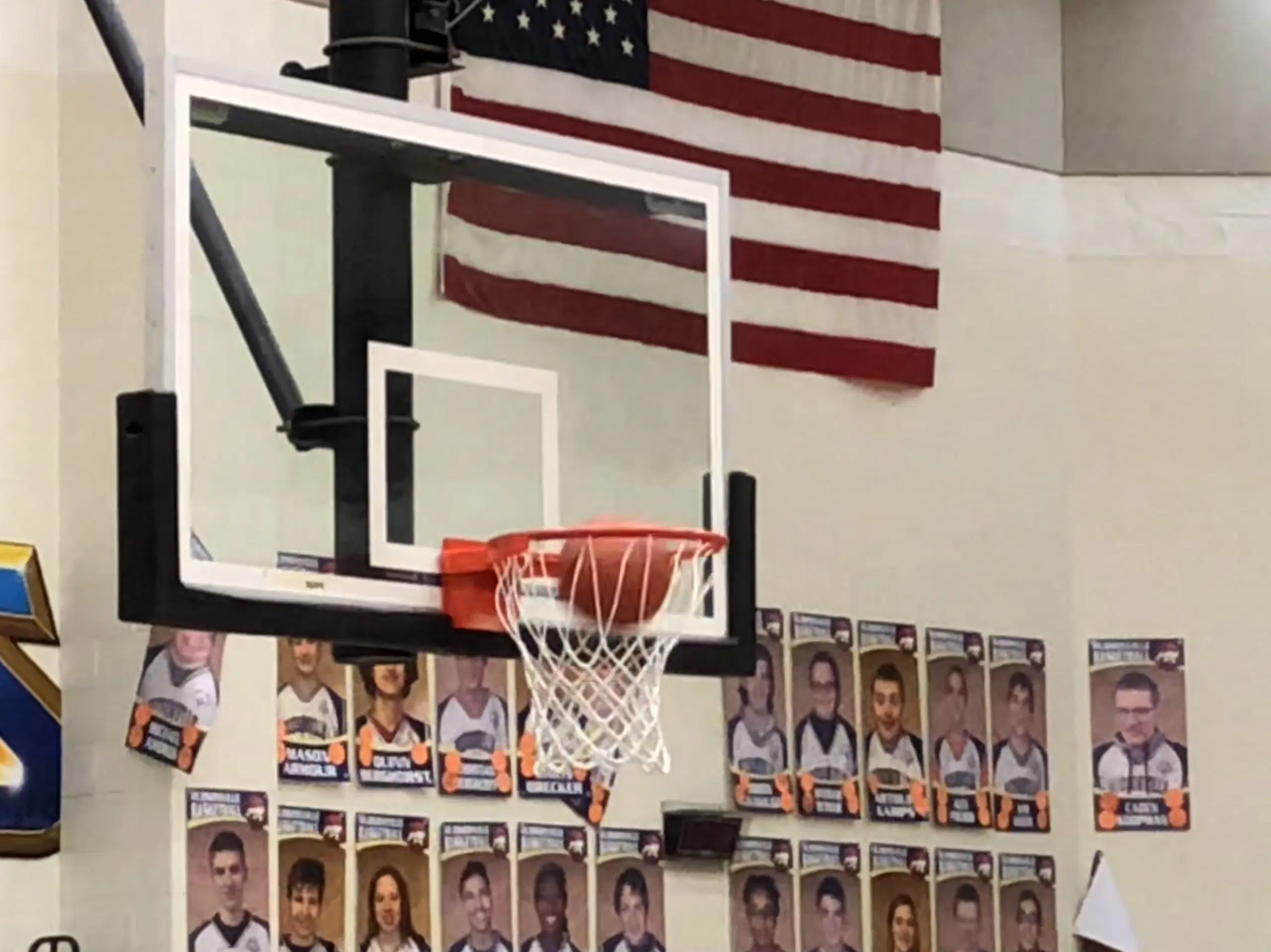By Nathan Layne
KENOSHA, Wis. (Reuters) – Prosecution and defense will deliver closing speeches on Monday in the murder trial of Kyle Rittenhouse, offering to the jury vastly different conclusions about why the U.S. teenager opened fire during protests in Wisconsin and whether it was justified.
The arguments are the lawyers’ last chance to influence a jury after nearly two weeks of testimony that included considerable evidence supporting the teenager’s argument that he was attacked before he fired his semi-automatic AR-15-style rifle, killing two men and wounding a third.
The jury will then begin deliberations and attempt to form a consensus on guilt or innocence in the most closely watched case involving a civilian’s right to self-defense since George Zimmerman was acquitted in the fatal shooting of Trayvon Martin, an unarmed Black teenager, in 2013.
Like Zimmerman, Rittenhouse has emerged as a divisive figure, viewed as heroic by some conservatives who favor expansive gun rights and as a symbol of an out-of-control American gun culture by many on the left.
Rittenhouse, 18, is charged with killing Joseph Rosenbaum, 36, and Anthony Huber, 26, and for wounding Gaige Grosskreutz, 27, in the city of Kenosha on Aug. 25, 2020. The shootings took place during protests – marred by arson, rioting and looting – that followed the police shooting of a Black man, Jacob Blake, who was left paralyzed from the waist down.
Rittenhouse, who has pleaded not guilty and testified last week that he acted in self-defense, faces life in prison if convicted. He was 17 at the time of the shootings.
Kenosha County assistant district attorneys Thomas Binger and James Kraus have sought to portray Rittenhouse as a reckless vigilante who came to Kenosha looking for an opportunity to use a weapon which was illegal for him to possess due to his age, and have argued that he was unjustified in deploying deadly force even when protesters pursued and attacked him.
On Friday, the judge said he would instruct the jury that they could weigh the prosecution’s argument that Rittenhouse was the aggressor, giving prosecutors latitude in closing remarks to highlight grainy drone video they say shows the teen raised his gun in a way that provoked Rosenbaum, who was unarmed.
If the jury finds that argument credible, it would raise the bar for self-defense under Wisconsin law, making it easier to convict.
Kenosha County Judge Bruce Schroeder also decided to allow the jury to consider lesser charges, as is common in a homicide trial. But for the most serious counts Schroeder allowed only charges that require proof that Rittenhouse acted with “utter disregard for human life”, a high bar sought by the defense.
Prosecutors were worried that the jury could have been swayed by Rittenhouse’s own testimony – in which the teen, at times losing his composure and crying, said he did not want to kill anyone that night.
“I believe a reasonable jury and a reasonable juror could, based on the defendant’s own testimony, not find utter disregard for human life,” Kraus told the judge.
The defense, led by attorneys Mark Richards and Corey Chirafisi, is expected to highlight testimony from multiple witnesses that Rosenbaum was behaving erratically that night, had made death threats to Rittenhouse and others, and lunged at the teen and reached for his gun before he fired.
The Rosenbaum shooting is seen as the most critical because it was the first, setting the stage for the others.
Richards and Chirafisi can also point to video showing Huber striking Rittenhouse with a skateboard and to testimony from Grosskreutz, who acknowledged that Rittenhouse did not fire until Grosskreutz pointed his handgun in the teen’s direction.
Schroeder said the prosecution and defense would each have 2-1/2 hours to deliver their closing remarks to the jury.
(Reporting by Nathan Layne; Editing by Lisa Shumaker and Raju Gopalakrishnan)






